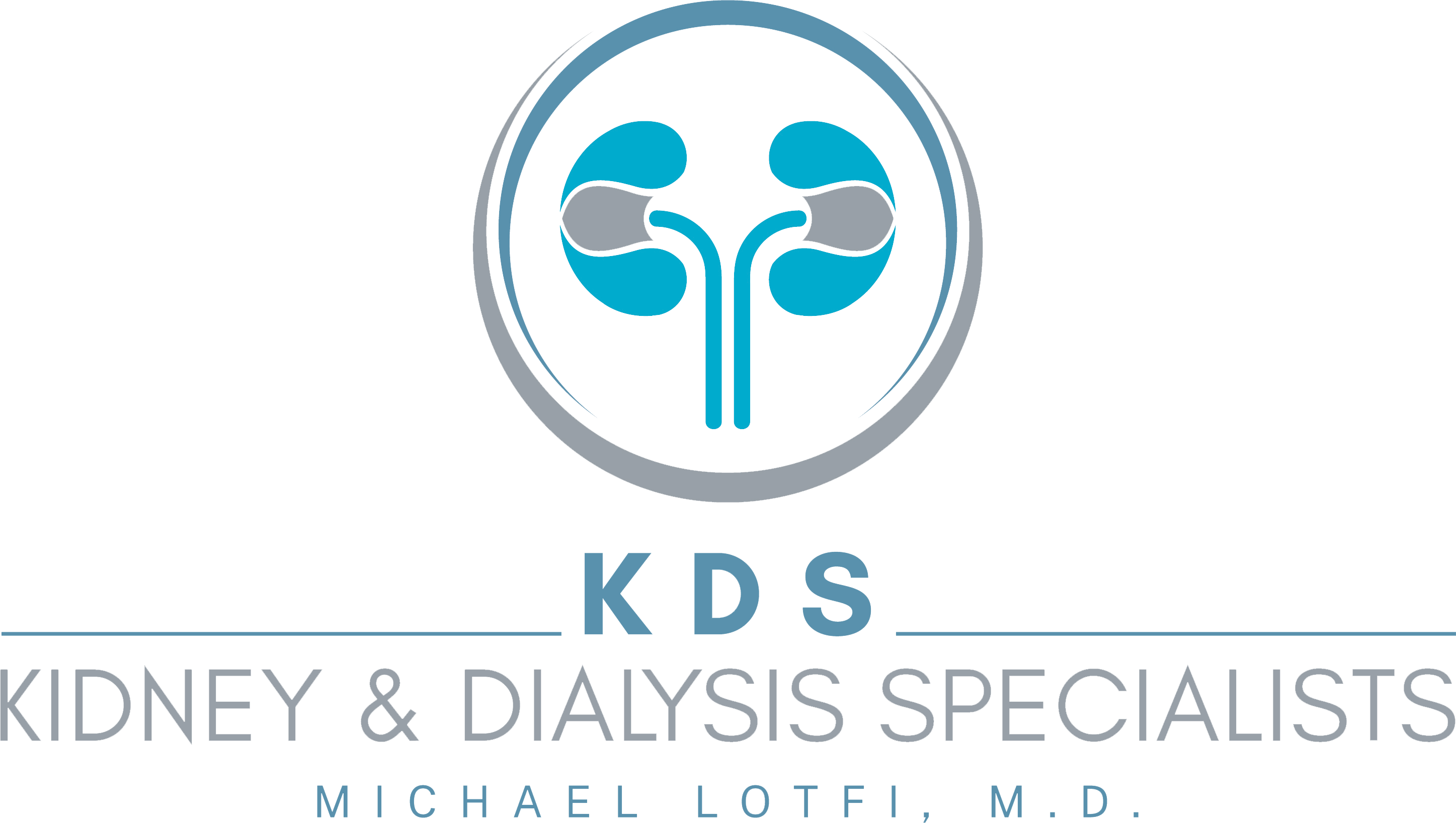What do electrolytes include: Sodium, potassium, calcium, phosphorus, magnesium, and chloride. Electrolyte and fluid disorders are abnormalities in the electrolytes and fluids in the body and they can be too high or too low. The imbalance occurs when we consume too much or too little electrolytes or we excrete too little or too much. Electrolytes are vital to maintain homeostasis in the body. Without the correct levels we would not be able to regulate neurological function, fluid balance, heart, oxygen deliver, acid-base balance amongst others. From a kidney standpoint, the electrolytes to be concerned with are, Sodium, potassium, calcium, and magnesium.
Hypernatremia: The concentration of sodium in the blood is too high.
Hyponatremia: Low levels of sodium in the blood.
Hyperkalemia: This means that the concentration of potassium in the blood is too high.
Hypokalemia: Occurs when there is too little potassium in the blood.
Hypercalcemia: When there is too much calcium in the blood.
Hypocalcemia: Occurs when there is too little calcium in the blood.
Hypermagnesemia: Abnormally high levels of magnesium in the blood.
Cause:
Symptoms:

© 2023 Michaellotfimd All Rights Reserved Privacy Policy Sitemap
This site is protected by reCAPTCHA and the Google.
Privacy Policy and Terms of Service apply.
This site is protected by reCAPTCHA and the Google.
Privacy Policy and Terms of Service apply.
©2023 All Rights Reserved michaellotfimd Designed by DotClick